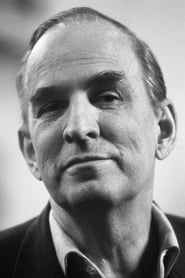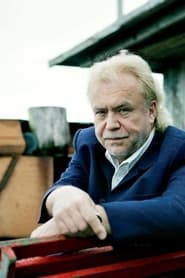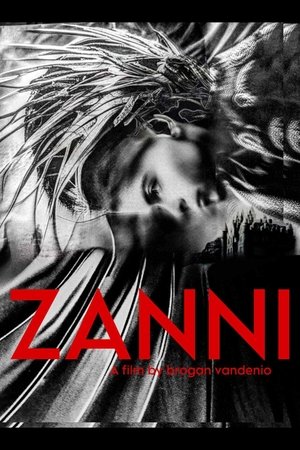
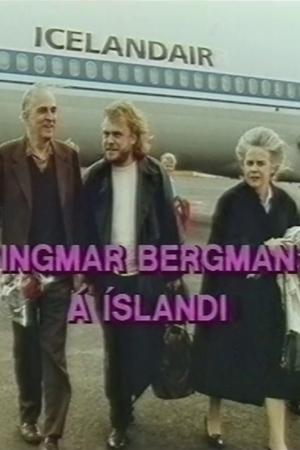
Ingmar Bergman in Iceland(1989)
Based on an interview with Ingmar Bergman and footage taken during the director's visit to the Reykjavík Art Festival in 1986, this film focuses on Mr. Bergman's methods and philosophy on film direction.

Movie: Ingmar Bergman in Iceland

Ingmar Bergman á Íslandi
HomePage
Overview
Based on an interview with Ingmar Bergman and footage taken during the director's visit to the Reykjavík Art Festival in 1986, this film focuses on Mr. Bergman's methods and philosophy on film direction.
Release Date
1989-01-15
Average
0
Rating:
0.0 startsTagline
Genres
Languages:
svenskaKeywords
Similar Movies
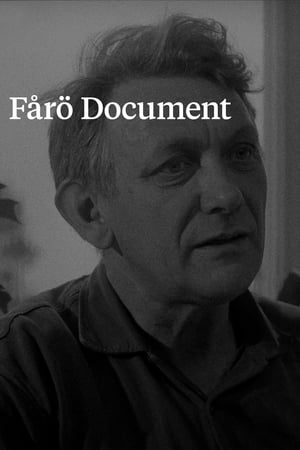 7.0
7.0Fårö Document(sv)
Bergman interviews the locals of Fårö in this fascinating documentary. An expression of personal and political solidarity with the fellow inhabitants of his adopted home, the island of Fårö in the Baltic Sea, this documentary investigates the sometimes deleterious effects of the modern world on traditional farming and fishing communities. The young, especially, voice doubts about remaining in such a remote, quiet place.
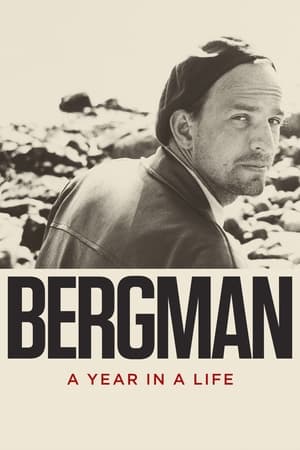 7.4
7.4Bergman: A Year in a Life(sv)
The year 1957 was one of the most prolific for the Swedish filmmaker Ingmar Bergman: he shot two films, released two of his most celebrated films and produced four plays and a TV movie while juggling with a complicated private life.
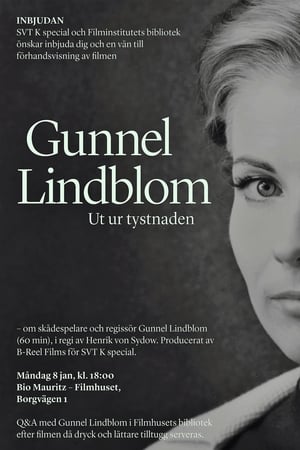 8.0
8.0Gunnel Lindblom: ut ur tystnaden(sv)
The working class girl from Landala, Gothenburg, through the fine art of theatre and all the way to Hollywood.
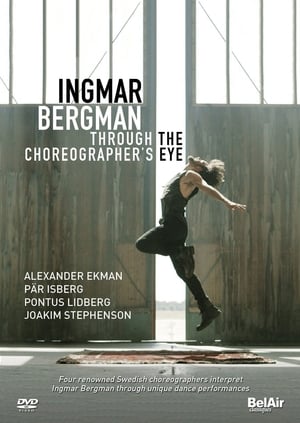 0.0
0.0Ingmar Bergman Through the Choreographer's Eye(en)
Four of Sweden's most innovative choreographers travel to Ingmar Bergman's home on Fårö to explore and get inspired. The result is a unique contemporary dance film.The renowned Swedish choreographers Alexander Ekman, Pär Isberg, Pontus Lidberg and Joakim Stephenson, with principal dancers Jenny Nilson, Nathalie Nordquist, Oscar Salomonsson and Nadja Sellrup from the Royal Swedish Ballet, interpret Ingmar Bergman through four unique dance performances reflecting on human relations and intense feelings. The dances are linked together with images of the epic natural beauty of Fårö and Bergman's poetic home Hammars, including the voice of the master himself - Ingmar Bergman - revealing his thoughts about movements and music.
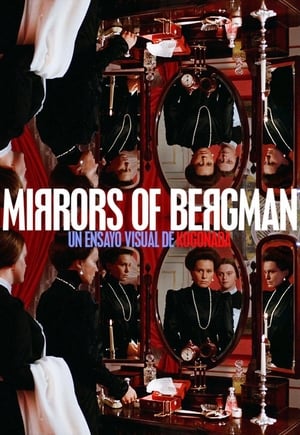 6.5
6.5Mirrors of Bergman(en)
Filmmaker Kogonada reflects on women and mirrors in the films of Ingmar Bergman.
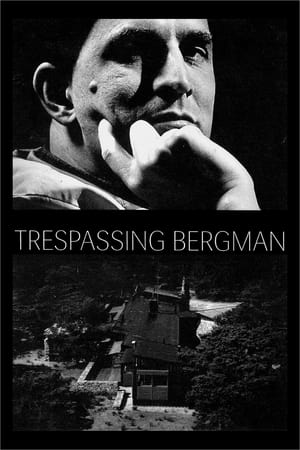 6.6
6.6Trespassing Bergman(en)
In the sixties, Swedish filmmaker Ingmar Bergman (1918-2007) built a house on the remote island of Fårö, located in the Baltic Sea, and left Stockholm to live there. When he died, the house was preserved. A group of very special film buffs, came from all over the world, travel to Fårö in search of the genius and his legacy. (An abridged version of Bergman's Video, 2012.)
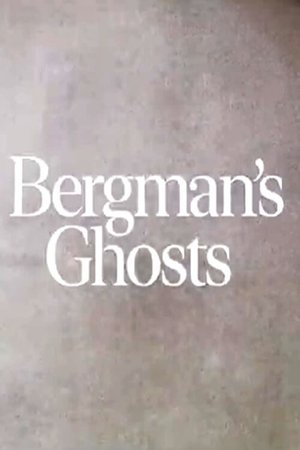 5.0
5.0Bergman's Ghosts(en)
Super-8 footage captured while filming Bergman Island. In voice-over, filmmaker Mia Hansen-Løve offers intimate reflections on her creative process on the island of Fårö and her relationship with Bergman and Swedish cinema.
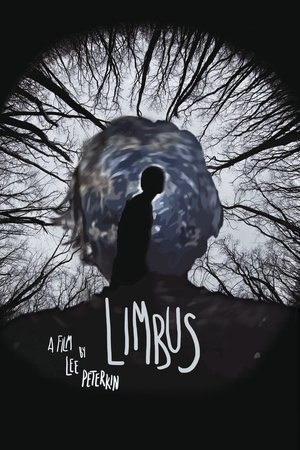 10.0
10.0Limbus(en)
As Alex struggles with disturbing hallucinations, his wife Vera tries to help, until they both experience their own profound revelations.
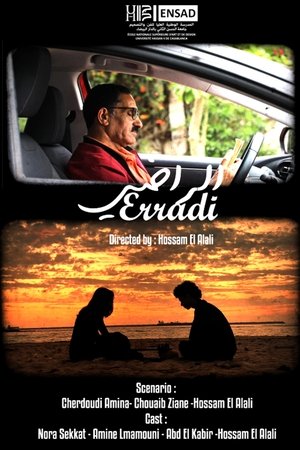 0.0
0.0Erradi(ar)
We delve into an encounter between Erradi ( an old man nearing the end of his life) and Aymane (a young boy eager to learn about life), in the presence of a woman (Rahma) taking the form of DEATH. Which ends with a series of poignant flashbacks that portray the old man's journey through life, filled with joy and sorrows and lessons learned. The short film explores the cyclical nature of life capturing the essence of reincarnation and the idea that our stories continue on living despite death
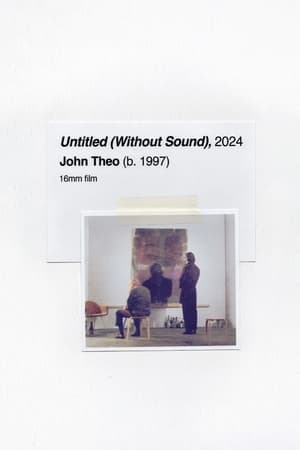 0.0
0.0Untitled (Without Sound)(en)
A highfalutin art movie crumbles into a meta-fictional disaster that betrays its director’s incompetence in real time, and it’s all on film.
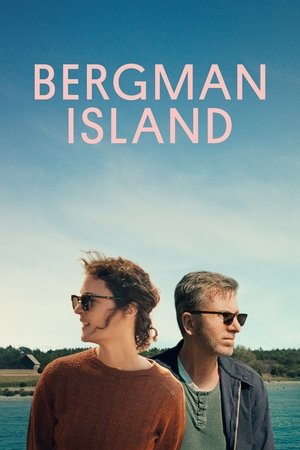 6.3
6.3Bergman Island(en)
An English-German filmmaking couple retreat to Fårö for the summer to each write screenplays for their upcoming films in an act of pilgrimage to the place that inspired Ingmar Bergman. As the summer and their screenplays advance, the lines between reality and fiction start to blur against the backdrop of the Island's wild landscape.
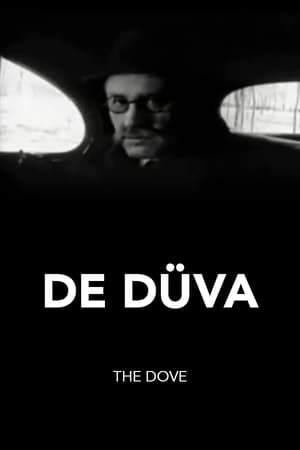 5.9
5.9The Dove(en)
De Düva is a 1968 Oscar-nominated American short film that parodies the films of Swedish director Ingmar Bergman, including Wild Strawberries and The Seventh Seal. The film borrows heavily from the plot lines of some of Bergman's most famous films. The dialogue, seemingly in Swedish, is actually a Swedish-accented fictional language based on English, German, Latin, and Swedish, with most nouns ending in "ska." The film was nominated for an Oscar for Best Live Action Short Film.
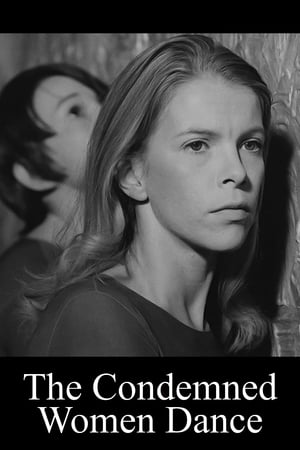 7.1
7.1The Dance of the Damned Women(sv)
The film shows four women moving in a crowded, closed room to the music of Monteverdi. They represent women living by passing on a role that is passed down to them for generations. Two of the dancers are damned souls that come to life, the third is death and the fourth a child born free, but forced into the other female roles.
No Days-off For Death(en)
No Days Off for Death” is a film that depicts an altered rendition of our own world to explore themes of grief and over corporatisation, the narrative takes place from two perspectives that ultimately come together; one of a nameless Grim Reaper (only referred to as “Death”) who only wants to take a long overdue holiday from their endless mundane work in the corporate underworld and a grieving man (Max) contemplating committing suicide after a breakup leaves him at the end of his rope. When Death is sent on a job to see that Max goes through with his plan, they decided to try and convince Max to keep on living, an altruistic act Max reluctantly engages with even if death just wants their holiday.
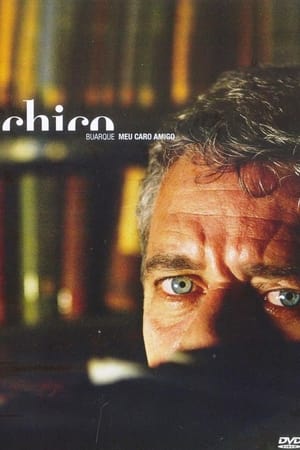 0.0
0.0Chico Buarque - Meu Caro Amigo(en)
The DVD MY DEAR FRIEND opens the retrospective series of work of Chico Buarque, highlighting some of his passions: the city of Rio de Janeiro and its partners and friends. "I kept an almost alien look on Rio I still have a relationship with the city of wonder. " Friends, partners and songs will be happening in the first episode of the series, in a relaxed and intimate way.
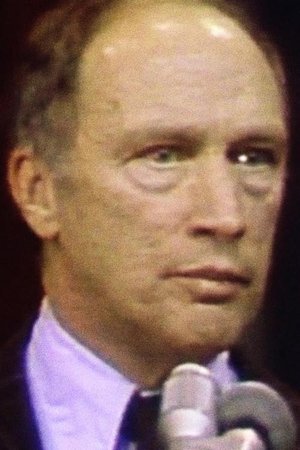 0.0
0.0History on the Run: The Media and the '79 Election(en)
This documentary examines the media's coverage of the Canadian federal election of May 1979. Filmed over a 3-week period, it takes a fascinating look at journalists in action and the politicians who attempt to manipulate the media.
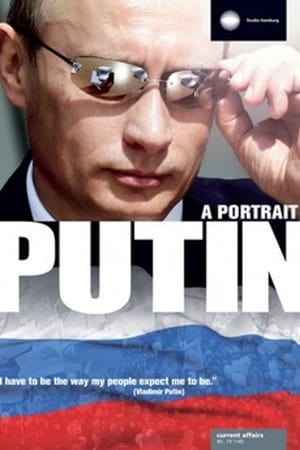 4.8
4.8I, Putin: A Portrait(de)
The multiple, award-winning television author Hubert Seipel, accompanied Vladimir Putin in Russia, over a period of many weeks. He not only conducted several interviews with him, but was also present when Putin shouldered judo opponents, or challenged his bodyguards during a game of ice hockey.
A Meeting with Milton Santos(pt)
The film deals with the process of globalization based on the thought of geographer Milton Santos, who through his ideas and practices, inspires the debate about Brazilian society and the construction of a new world. Santos discusses his views on the importance of respecting difference and his belief that an alternative globalisation model could wholly enfranchise all citizens of the world. An illustrious presence in 20th century social sciences, the man dubbed as ‘geography’s philosopher’ eloquently elucidates a developing world perspective on the global age.
